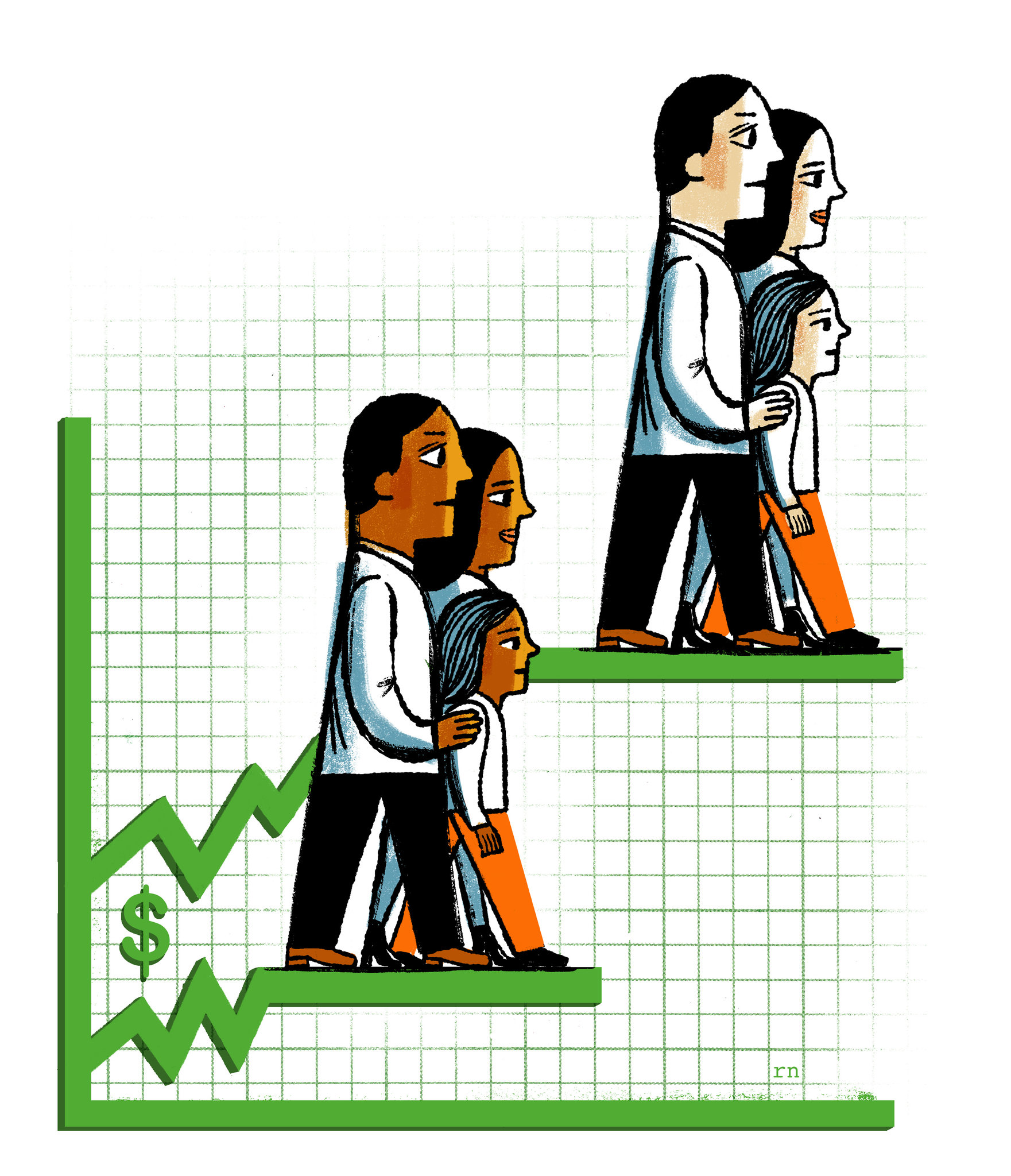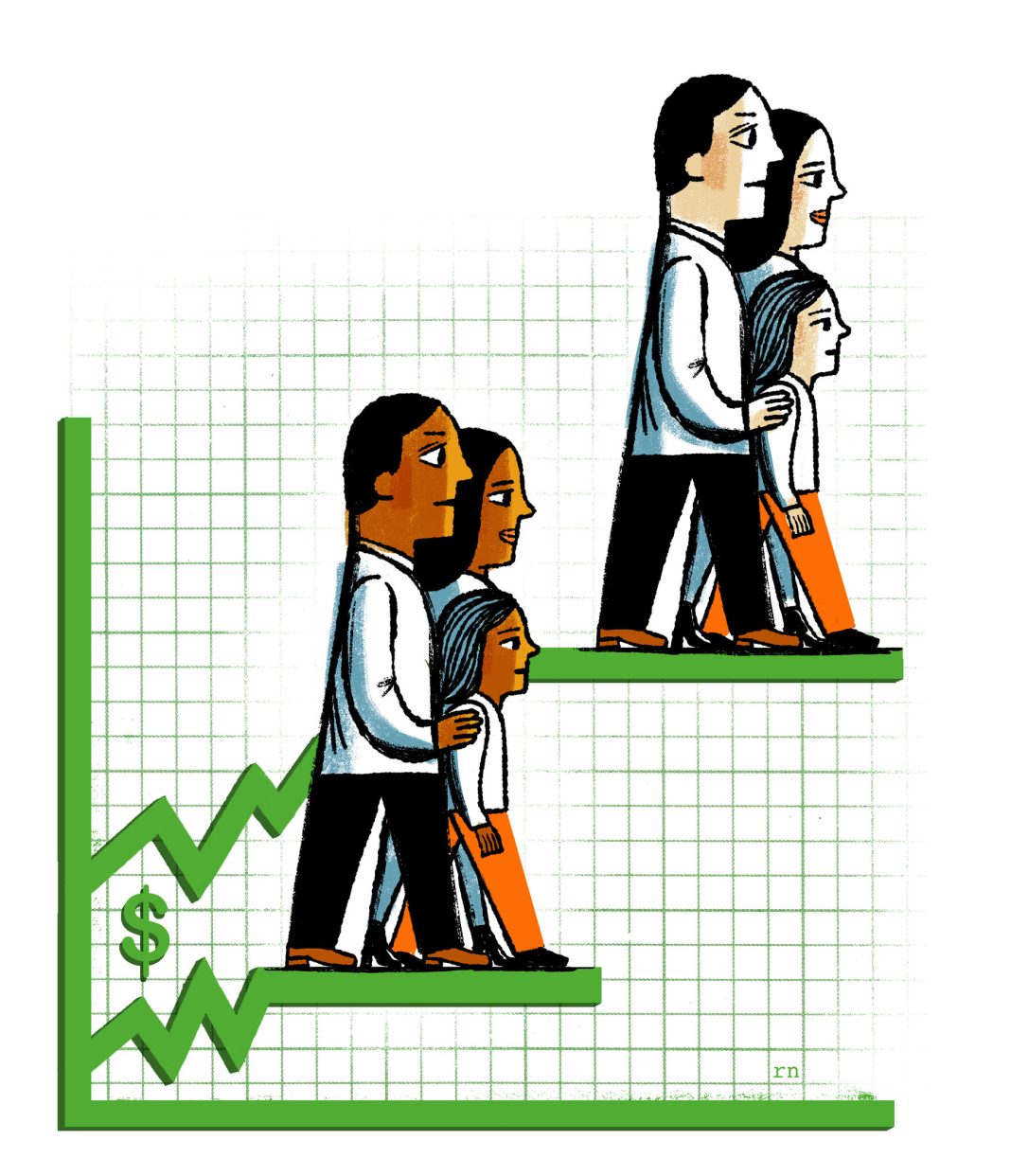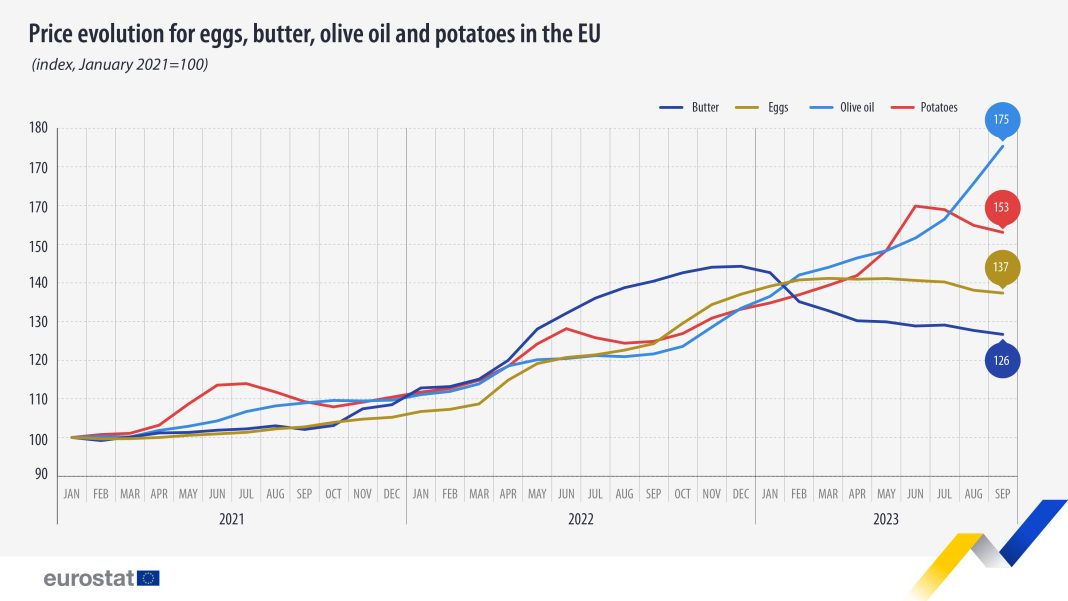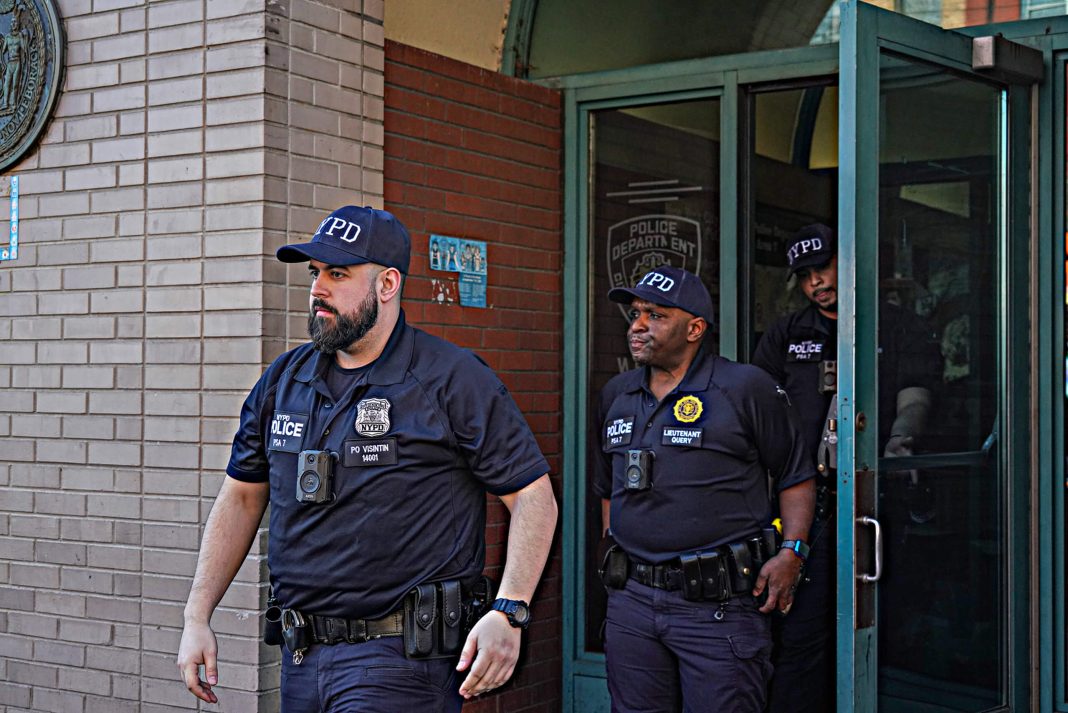 California fast food workers are calling for another increase in the minimum wage, just four months after receiving a $4 raise. This demand highlights the ongoing debate surrounding minimum wage policies and their impact on workers and businesses.
California fast food workers are calling for another increase in the minimum wage, just four months after receiving a $4 raise. This demand highlights the ongoing debate surrounding minimum wage policies and their impact on workers and businesses.
The push for a higher minimum wage is not unique to California. Across the country, workers and advocacy groups have been calling for higher wages to address the issue of income inequality. Proponents argue that increasing the minimum wage will lift workers out of poverty and provide them with a living wage.
However, opponents of minimum wage increases argue that they can have unintended consequences, such as job losses and increased prices for consumers. They claim that businesses, particularly small businesses, may struggle to absorb the higher labor costs and may be forced to lay off workers or reduce hours.
The recent $4 raise for fast food workers in California was a significant increase, bringing the minimum wage to $15 per hour. This raise was the result of a gradual increase that began in 2016, when the minimum wage was set at $10 per hour.
Advocates for another increase argue that the $15 minimum wage is still not enough to support workers in high-cost areas like California. They point to the rising cost of living, particularly housing, and argue that workers need a higher wage to make ends meet.
Recent studies have shed light on the impact of minimum wage increases. A study conducted by researchers at the University of California, Berkeley found that the $15 minimum wage in San Francisco resulted in a modest increase in earnings for low-wage workers, but also led to a slight reduction in employment.
Another study conducted by researchers at the University of Washington found that the minimum wage increase in Seattle led to a significant reduction in hours worked for low-wage workers. This study suggests that businesses may respond to higher labor costs by cutting hours rather than laying off workers.
These studies highlight the complexity of minimum wage policies and their potential effects on workers and businesses. While a higher minimum wage may provide some workers with a higher income, it may also have unintended consequences such as reduced employment opportunities.
The debate over minimum wage policies is likely to continue as workers and advocacy groups push for higher wages and businesses grapple with the potential impact on their bottom line. Finding a balance that supports workers without unduly burdening businesses is a challenge that policymakers will need to address.


